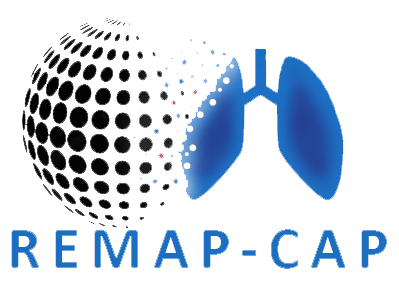Abstract
Clinical question What is the role of drugs in the treatment of patients with COVID-19?
Context The evidence base for therapeutics for COVID-19 is evolving with numerous recently completed randomised controlled trials (RCTs). This update adds a new recommendation on molnupiravir in patients with non-severe illness, informed by data from 6 RCTs with 4796 patients. The omicron variant has resulted in an update to the recommendations for casirivimab-imdevimab. Concerning remdesivir, new trial data is currently being reviewed.
New recommendation The Guideline Development Group (GDG) suggests administering molnupiravir in patients with non-severe illness, for those at highest risk of hospitalisation and combined with implementation of mitigation strategies to reduce potential harms. No recommendation was made in patients with severe or critical illness as there are no trial data on molnupiravir for this population.
Understanding the new recommendation In patients with non-severe illness, molnupiravir reduces hospitalisation risk and time to symptom resolution and may have a small effect on mortality. Only patients at the highest risk of being hospitalised are likely to derive important benefits and would want to receive molnupiravir. This is especially true given the potential long term harms associated with molnupiravir (such as theoretical risk of malignancy). The conditional recommendation reflects the challenge to accurately identify those at the highest risk, the limited availability of the drug, and concerns about long term individual and population-level harms such as drug resistance and/or emergence of new variants
